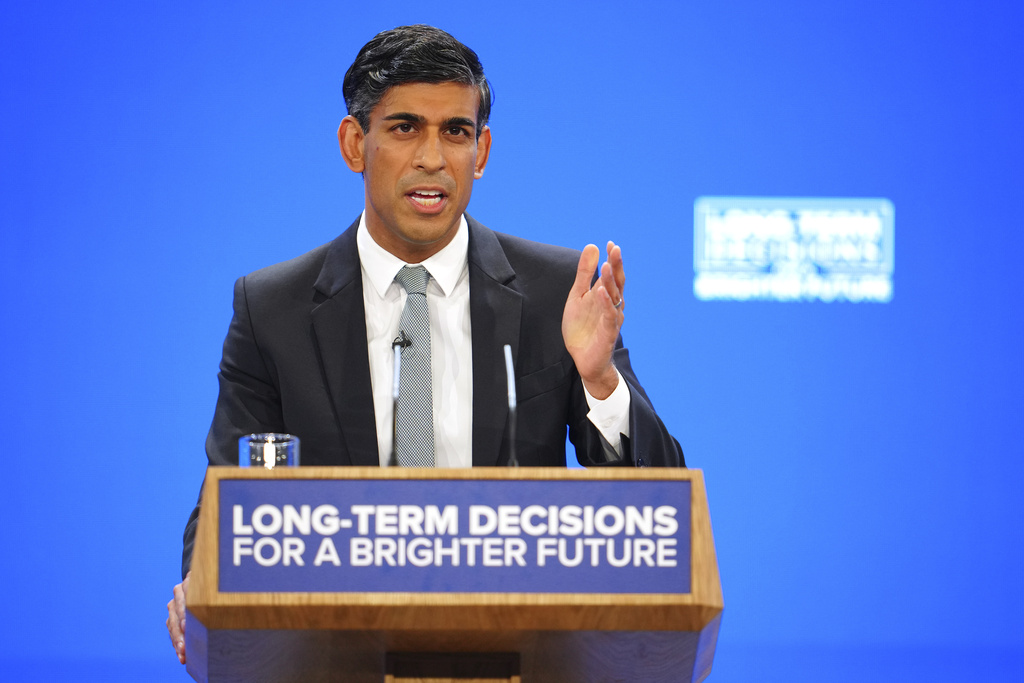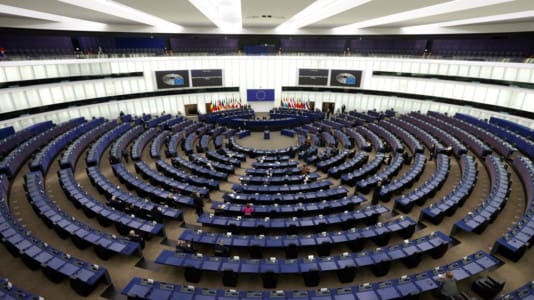Images of major cities flooded, like recent ones from New York City and earlier from Libya’s Derna, where a shocking humanitarian disaster occurred due to flooding, and even earlier footage from Istanbul and Slovenia, will undoubtedly serve as strong arguments for those calling for immediate action to combat climate change.
Against this backdrop, a recent statement by British Prime Minister Rishi Sunak, announcing a delay in ambitious climate goals, sounded like unexpected support for anti-climate heresies and a clear distancing from the green revolution pushed by the EU.
Observers noted that Sunak made his statement to journalists, not in parliament. Commentators speculated that it might simply be a populist move by the prime minister in the face of declining voter support. Regardless, Sunak’s statement resonates with a socially receptive audience.
More and more British citizens are beginning to rebel against the costly and restrictive decisions imposed in the name of climate policy. This dissatisfaction is no longer limited to ordinary citizens with limited knowledge or biases but is starting to reach elite representatives.
Famous American author, Lionel Shriver, who has lived in the U.K. for years, stated in an interview with Sky News that the way authorities are implementing climate restrictions resembles authoritarianism and devastates the U.K.’s culture of freedom.
Meanwhile, John Gray, a leading figure in English liberalism, argued that the current form of climate policy is becoming a kind of organized absurdity. Importantly, this criticism isn’t about outright denialism involving claims that climate change doesn’t exist or that human actions don’t significantly impact the environment.
The main issue is that the adopted measures are socially and politically unacceptable.
Furthermore, as Gray emphasizes, these measures are based on technocratic assumptions that through mandates and prohibitions, we can not only manage social and economic processes but even influence the direction of how the climate evolves.
However, the fact that human actions have triggered climate change should not lead us to the belief that we can simply stop them at a designated point.





